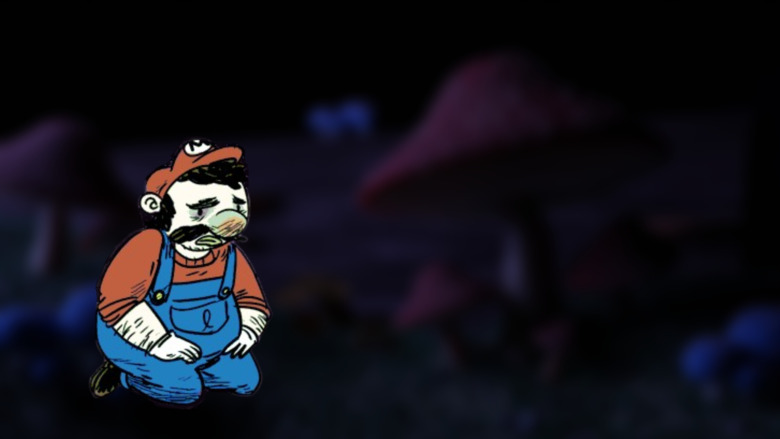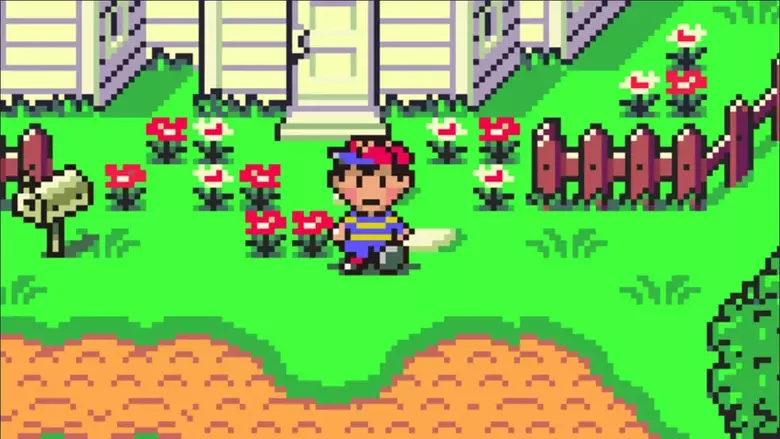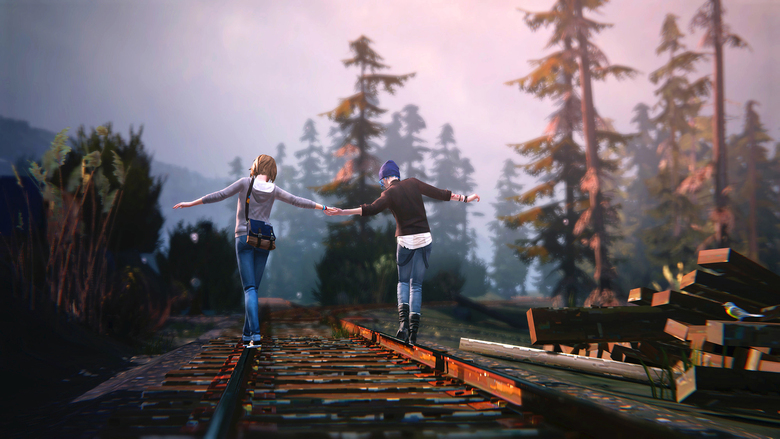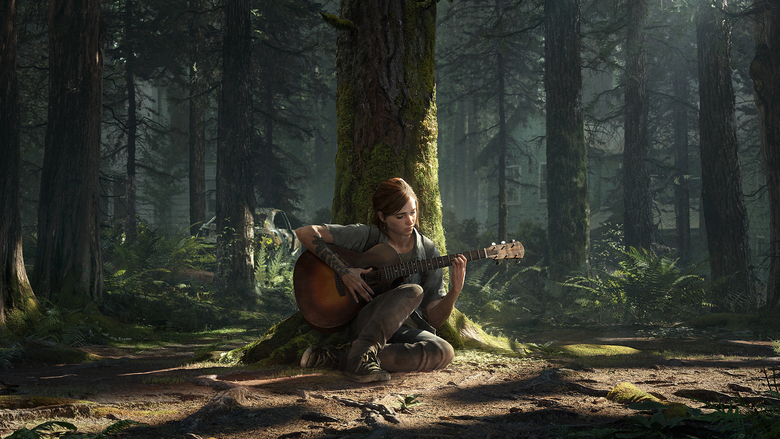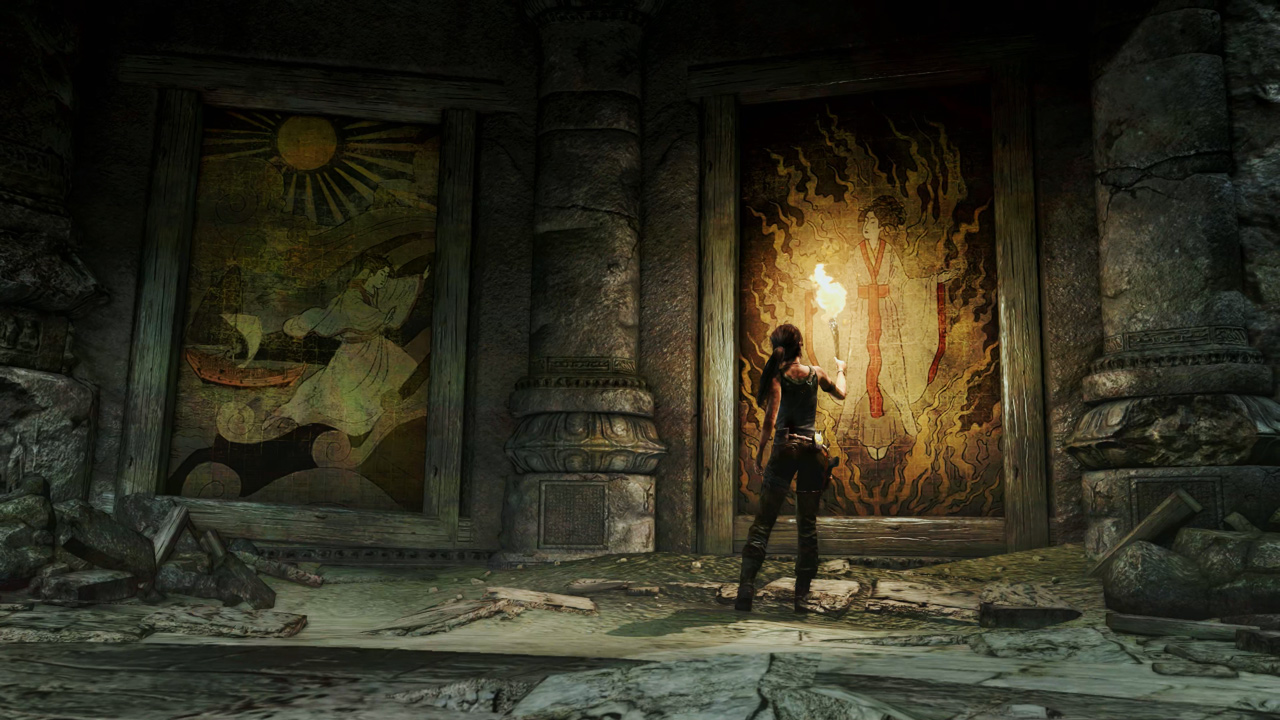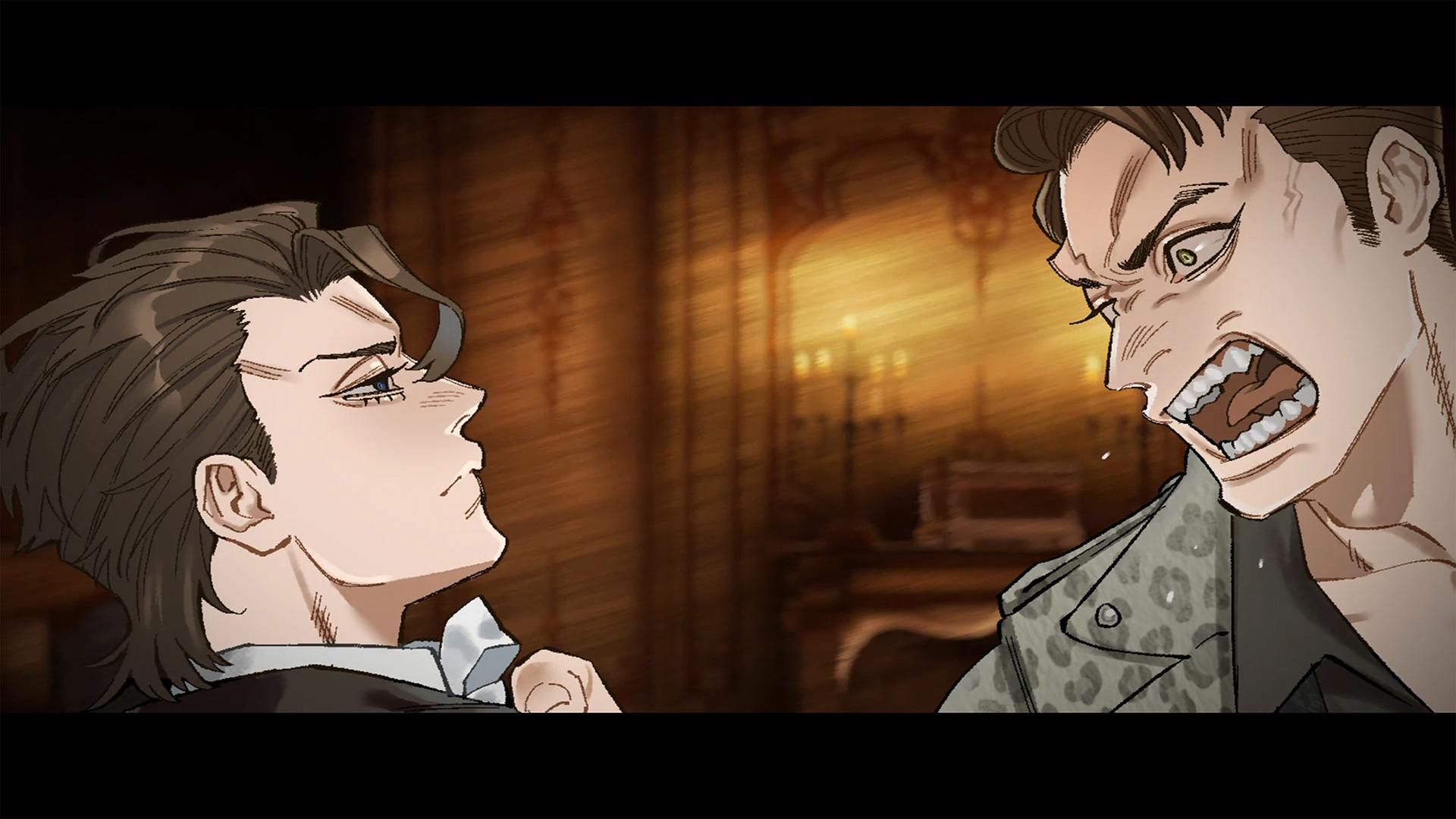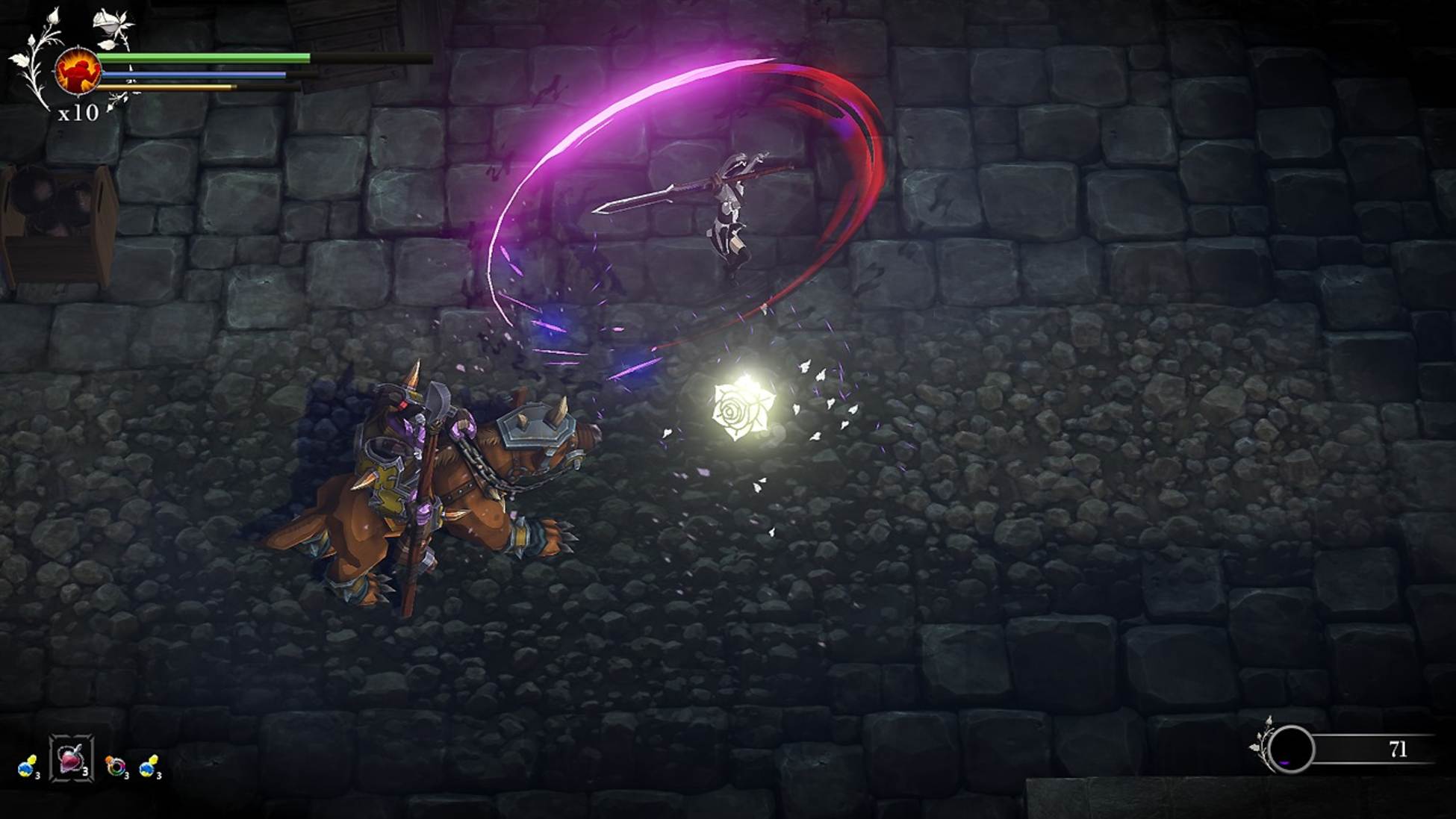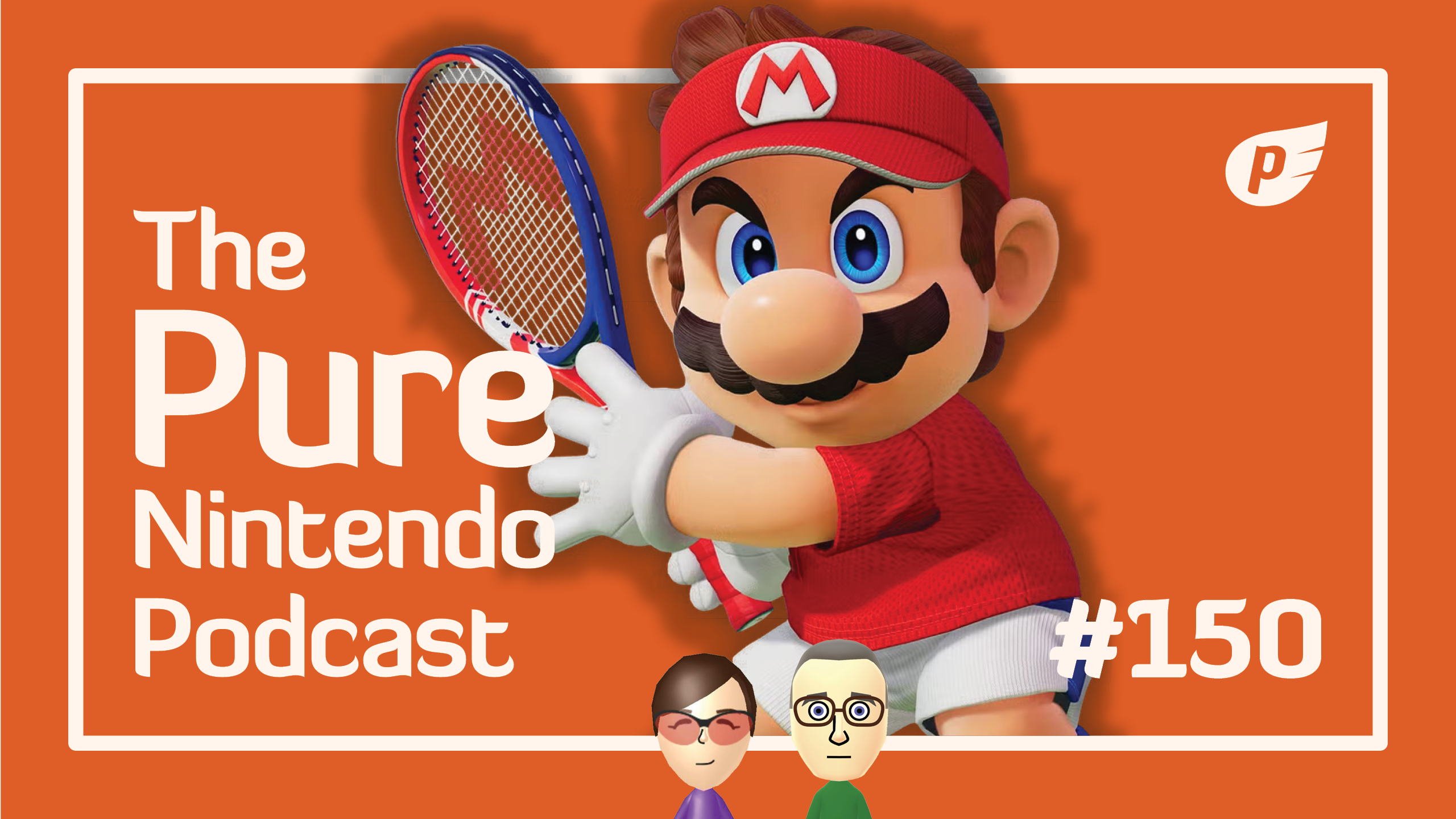Artwork via Zac Gorman and Gabriel Dal Ponte
I have played hundreds upon hundreds of games in my lifetime. For all I know, I could have reached somewhere into the thousands. Throughout all those titles, I’ve played plenty that didn’t click for me, others that were fun, and fewer that were an absolute blast. Then there’s the smallest group of games I’ve come across; the ones that touched me to my core.
We all have games that fundamentally changed us, and will no doubt stick in our minds for years to come. I’ve been lucky enough to encounter a decent amount of those titles, and I remember each one of them like I played them yesterday. What I also remember is the immediate weeks after playing those titles, as they have led to somewhat of a gaming slump.
Being the act that follows the one that kills the crowd is an incredibly tough spot to fill. The easiest analogy is the comedy club scene, where one comedian knocks it out of the park, and then the follow-up questions how in the world they can measure up. It’s not an envious position to be in, and sometimes it leads to a situation where no matter what comes next, it simply doesn’t seem good enough.
This very much applies to all forms of entertainment. Whenever you’re lucky enough to hear an album that blows you away or see a movie that wows you on a deep level, whatever follows is going up against near insurmountable odds. Even worse, as the person taking in these creations, you can find yourself failing time and time again to discover the next piece that breaks through and entertains you.
I’ve faced this situation a considerable amount of times with games, and to be honest, I’m in one right now. You might have caught my recent review of Meg’s Monster, which turned out to be one of those magical games that wiggled its way into my heart. The game brought me to tears multiple times over, made me think about certain aspects of my life, and will forever remain an example I’ll point to of just how incredible the world of videogames can be.
As soon as the credits rolled in Meg’s Monster, I knew I was going to be feeling ‘gamer gloom’ in a big way. Meg’s Monster was more amazing than I could have ever expected, and having such a moving experience made me yearn for something that could measure up. It doesn’t matter if the next game offered something astonishing in terms of gameplay, story or music, I just desperately wanted to experience something on a similar level. Obviously, it’s completely unfair to ask any game to deliver on such lofty expectations, but it’s a feeling I have nonetheless.
I’ve been here a number of times in the past. I felt the exact same things after I worked my way through Earthbound for the first time. I experienced this again when wrapping The Last of Us: Part 1 and 2. Life is Strange broke me in a very similar way years ago. I still drone on about the emotions I went through and epiphanies I had when playing Undertale and Doki Doki Literature Club. In one way or another, all of these games took me to the exact same mental state.
It should go without saying, but I’m forever grateful for experiencing moments like this from games. Truth be told, games have moved me to these moments more so than any other form of entertainment, and to a deeper degree as well. I am constantly stunned by how often games can find a way to reach my heart and mind, and through methods that are only possible through the world of videogames. This is exactly why I also have such a hard time getting out of the gaming slump.
As with most things, the passage of time usually helps with the moving-on process. No matter how unbelievable you find a game to be, pieces of your memories will fade. You might hold on to the core feelings for the rest of your life, but the other bits become a bit fuzzy. You remember what happened to characters and music that moved you, but lines of dialog here or small gameplay sections there become lost to the ether.
Personally, I’ve also found that heading into the opposite direction with your next game can also help you to move on. If you played a visual novel with an incredibly deep story, make your next game one that’s completely gameplay-driven with as little narrative as possible. This certainly isn’t a guaranteed way to solving post-game slump, but giving yourself such a shock from one end of the gaming spectrum to the other might help in jostling you lose from the metal lock.
While I may be extremely eager to find a follow-up that matches or tops an earth-shattering game, I never hold it against that next title when those feelings don’t come. It would be completely unfair to judge any game based on what you played last, unless we’re talking about a direct sequel. If I play a game while in my slump and it doesn’t do it for me, I know that it might not be the right time or place, and it’s on me to give it another fair shake down the line. My head is clearly still processing what I last played, and it’s going to take time for me to clear the brain fog.
I find myself to be very lucky to live in a time where I can play games that manage to impact me on such a fundamental level. Truthfully, I don’t even believe that gamer gloom or the post-great game slump is a bad thing. If anything, it shows me once again just how fascinating games can be. These moments, among so many others, are why I’ve been a fan of games since I was a little kid. They’re why I’ve covered games as a job for the last 2 decades, and why I’m a bigger fan of games now than I’ve ever been. The facts that games can take me to these points is why I’ll always scream from the rooftops about the power of games.
I’m always ready for the next big-impact game in my life. I know more will come, and plenty of them at that. Until that moment, I’ll be working my way through countless titles that make me laugh, cry, smile, and feel pure joy. I know you guys will be doing just the same, and I’d say that’s a pretty damn great way to spend some free time.

